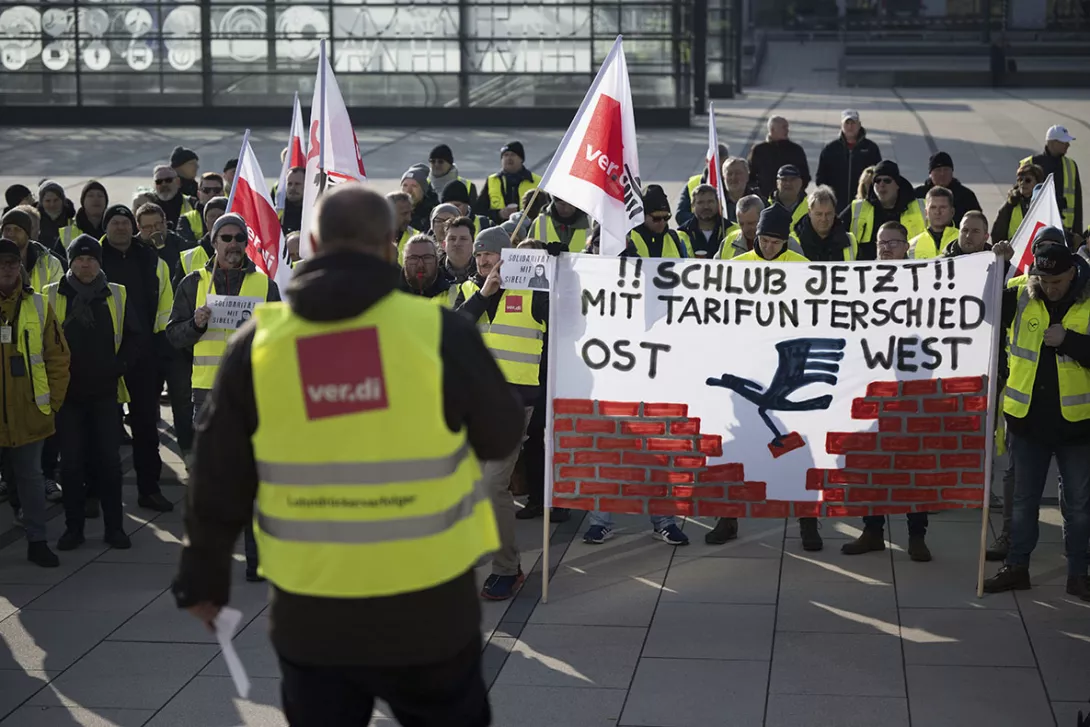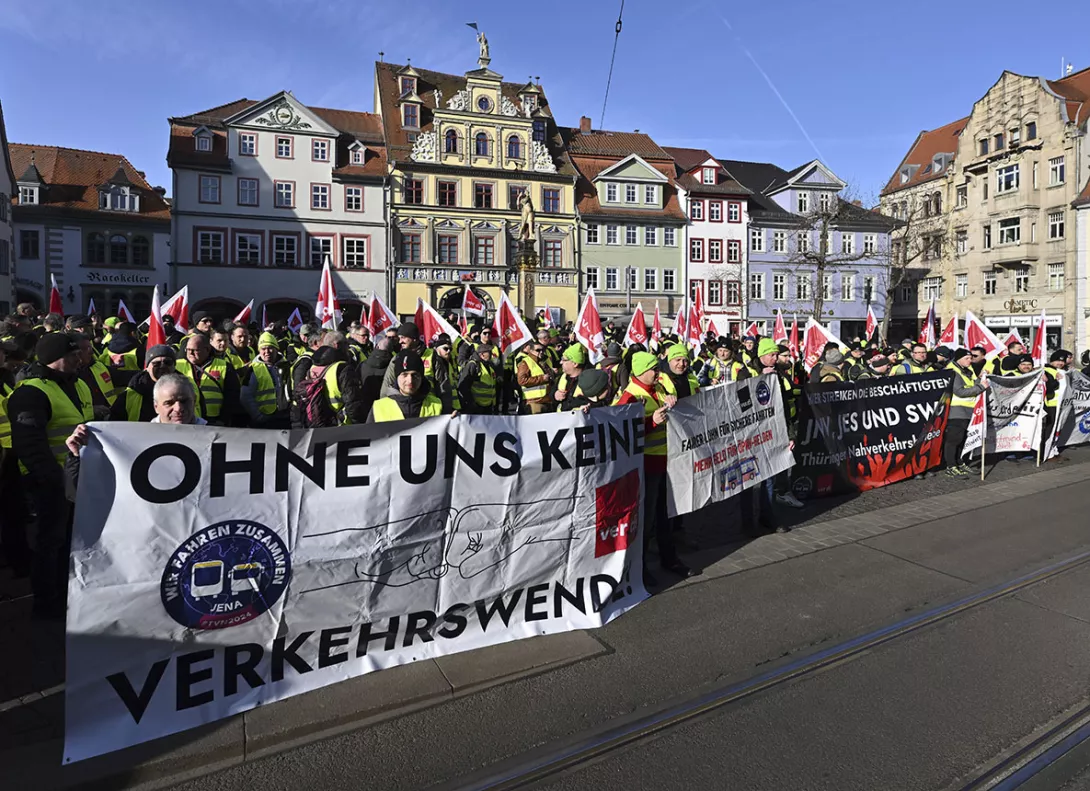Train drivers in Germany win cut in working week without a pay cut

TRAIN drivers and crew members for Germany’s main railway operator will see their working week reduced from 38 hours to 35 by 2029 without having their pay cut.
The arrangement is central to a deal that state-owned operator Deutsche Bahn reached on Monday with the GDL union, which represents many of its drivers and some other workers, after five months of negotiations punctuated by strikes.
The main sticking point was GDL’s demand for working hours to be reduced without a pay cut.
More from this author

ROGER McKENZIE looks back 60 years to the assassination of Malcolm X, whose message that black people have worth resonated so strongly with him growing up in Walsall in the 1980s

ROGER McKENZIE welcomes an important contribution to the history of Africa, telling the story in its own right rather than in relation to Europeans















